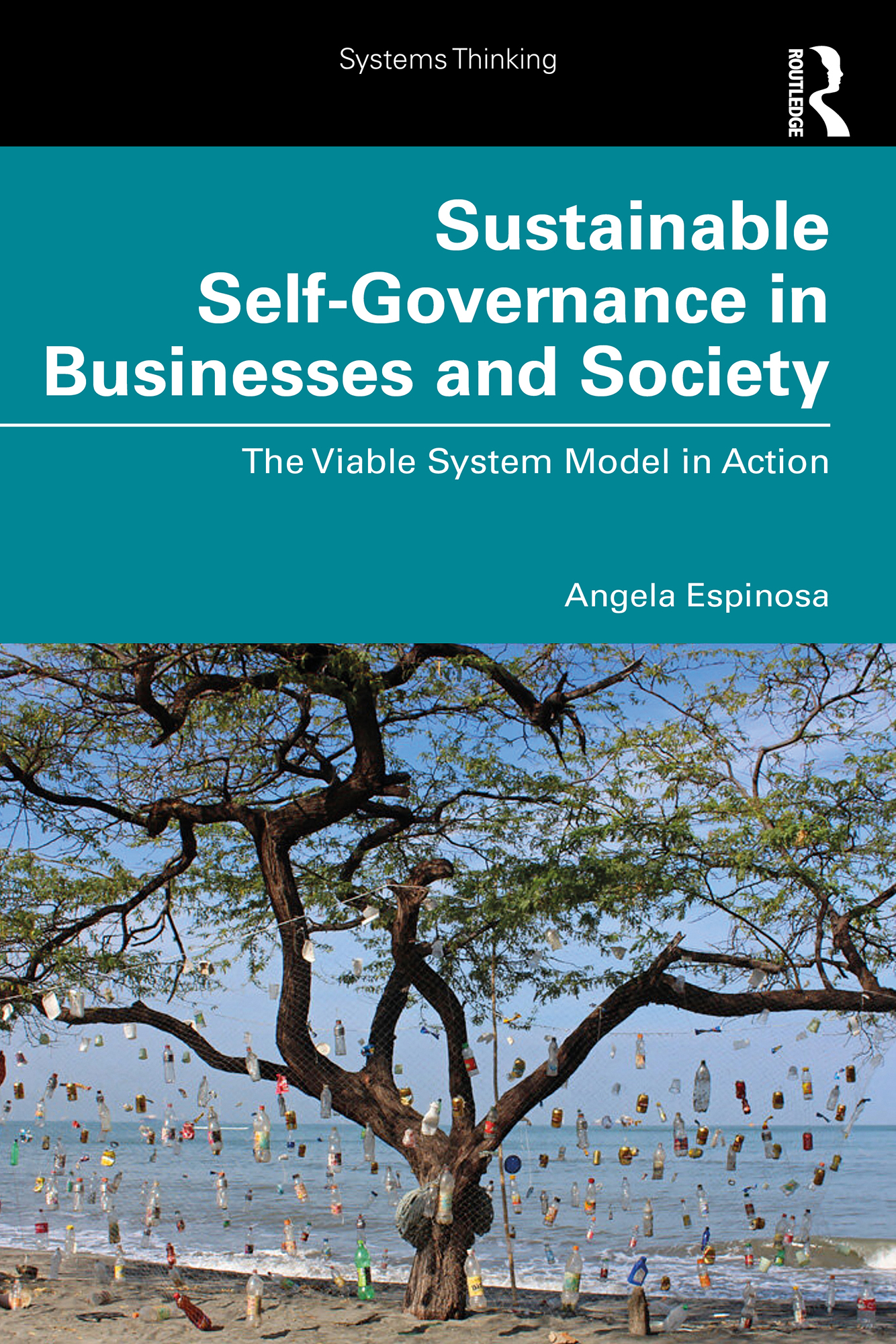Practically every marketing trade journal is buzzing “word of mouth” these days. Many practitioners consider peer-to-peer communication to be the new panacea for many, if not all of the problems that advertising is currently facing. The academic community has also rediscovered the subject as one that is highly relevant and crying out for scientific investigation and substantiation. However, four years ago, when Martin Oetting began his research project, this was not at all clear. He was intrigued by the early, weak signals he had picked up during his professional career in advert- ing, and he was motivated by a strong belief in the value of his overall ideas. He - cided to embark on a research project that has become a most valuable contribution to the field of word-of-mouth marketing. In choosing a topic well before it would - come of mainstream interest, Martin Oetting proved that he is sensitive to market d- continuities, and to the potential they provide for academic research. In his dissertation, Oetting deftly applies the framework of the positivistic tra- tion. The introductory chapters provide an overview of current changes and their major consequences in the field of marketing. The importance of word of mouth is illustrated with reference to contemporary market developments and marketing pr- tice.












